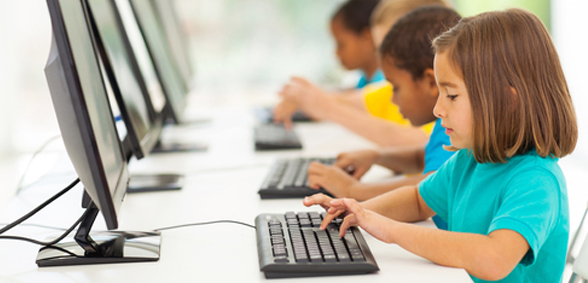
Credit: This story was first seen on The Independent
Children should be taught in schools how to recognise ‘fake news’, a leading international education expert has said.
In a modern digital age, schools need to teach pupils how to think critically and analyse what they read on social media and news sites, according to Andreas Schleicher, the OECD’s director of education and skills, The Independent reports.
He also suggested that social media creates an ‘echo-chamber’ in which users only hear from viewpoints similar to their own, and argued that schools have a role to play in making sure that young people have a chance to debate different views and opinions.
Mr Schleicher’s comments come ahead of the annual Global Education and Skills Forum in Dubai, where he will put forward the OECD’s plans to test young people’s attitudes to global issues and different cultures, their analytical and critical skills and abilities to interact with others.
These “global competencies” are becoming increasingly important, he said.
“In the past, when you needed information, you went to an encyclopedia, you looked it up, and you could trust that information to be true,” Mr Schleicher said.
He added that anyone using social media or even news sites has to be able to assess, evaluate and reflect on the information they are given.
“Distinguishing what is true from what is not true is a critical skill today,” he said. “Exposing fake news, even being aware that there is something like fake news, that there is something that is written that is not necessarily true, that you have to question, think critically. That is very important. This is something that we believe schools can do something about.”
Pupils can learn about the world, how to analyse what they see and hear around them and engage in debate in lessons.
“Schools can do a lot to equip students with the kind of cognitive ability to access and analyse meaning, culture, practice, things like this,” he said.
He added that it is not a matter of schools teaching a new subject, but building these skills into all lessons, from science to history.
“Social media is designed to create an echo chamber. We are likely to talk with people who are like us. Who think similarly to us. And that’s precisely, almost the antithesis, to global competency.”
One example is young people from Europe going to fight for Islamic State, turning “the multi-religious, multi-ethnic powerhouses of the Middle East back to a kind of mono-culture”, Mr Schleicher said. “That’s really I think an outcome of the thinking that there is only one truth and there’s only one way to live. I think that social media can reinforce that. The algorithms under-pinning them tend to relate people to people who are similar, rather than creating spaces for people to discuss debate and find common ground.”
